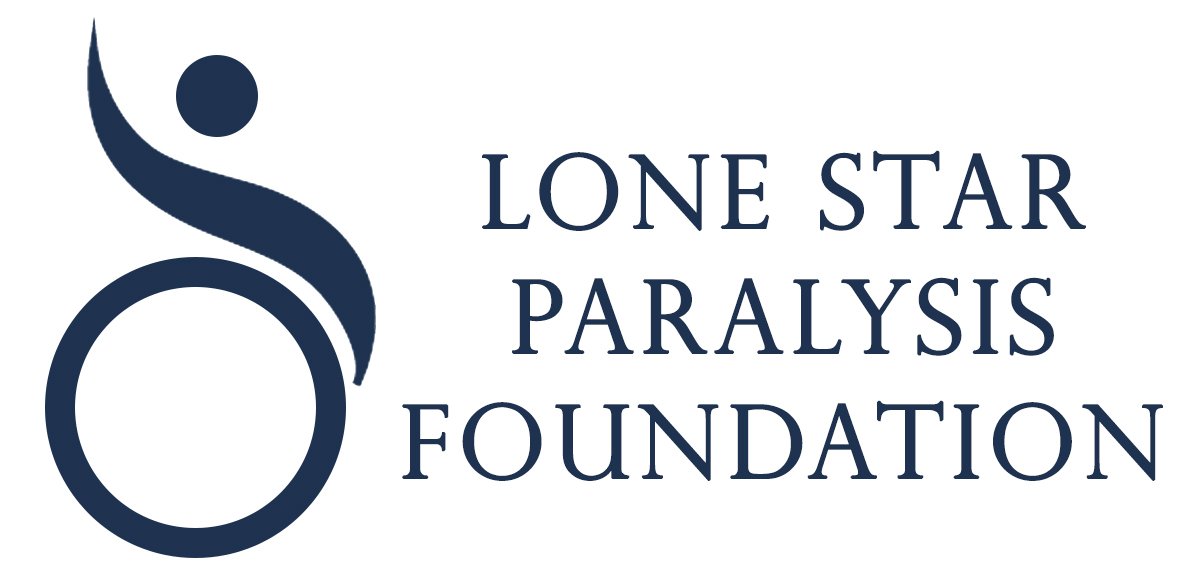Research
Proceeds raised through the Lone Star Classic event fund a variety of research projects through The University of Texas, University of Colorado, Rutgers University, and others. By diligently examining research efforts, LSPF is able to identify initiatives that show the most promise for a cure and can be expedited with funding provided by LSPF. These are some of the research initiatives we are involved in.
The Corticospinal Tract Regeneration Project
Regenerating Nerve Connections to Reverse Paralysis in the Chronic Injury Setting
Oswald Steward, Professor of Anatomy & Neurobiology
Director, Reeve-Irvine Research Center
University of California Irvine School of Medicine
Funding P-ten inhibition study on acute and chronic spinal cord injury in both rats and primates
$45,000
Phase 1 clinical trials of PEG
UT Austin & U Penn
Dr. Charles Bitner & Dr. Richard Trevino
Patient with completely cut digital nerve at base of index finger and PEG-fusion repair (approximately 24hrs later) with micro sutures. Expect to see some sensation return in ~3 months. This was the first surgery of its kind.
$50,000
The Austin Helix & Mini Catheter
Dr. Tiffany Ricks
Seton Healthcare Family and Medical Innovation Labs
Revolutionizing an indwelling catheter to decrease infection and improve quality of life for those with spinal cord injury.
$50,000
Lone Star Collaboration Award
Cure Paralysis Now
University of Adelaide, Australia
Dr. Anna Leonard - Department of Neuroscience
Dr. Claire Jones - Biomedical Engineering
Hypothesis that surgical duraplasty (opening, expanding and re-sealing the dura) post-SCI will provide greater space for the spinal cord to swell, thereby reducing ITP, potentially improving blood flow, promoting cell survival, and ultimately leading to improved functional outcome.
$50,000 donation with $50,000 matching grant
Ohio State University
Dr. Sung Yoon
Improving bladder function after spinal cord injury
$50,000
The vast majority of experiments using PTEN inhibition in animals with SCI have been in acute injury models. Some of the experiments have used mice that were genetically engineered to lack PTEN. The experiments that showed 95% recovery to normal were done in adult rats with acute injury.
Read more..
The University of Texas Research - funded by Lone Star Paralysis Foundation - publishes major breakthrough in Nerve Repair Surgery. Learn more.
Read more..

